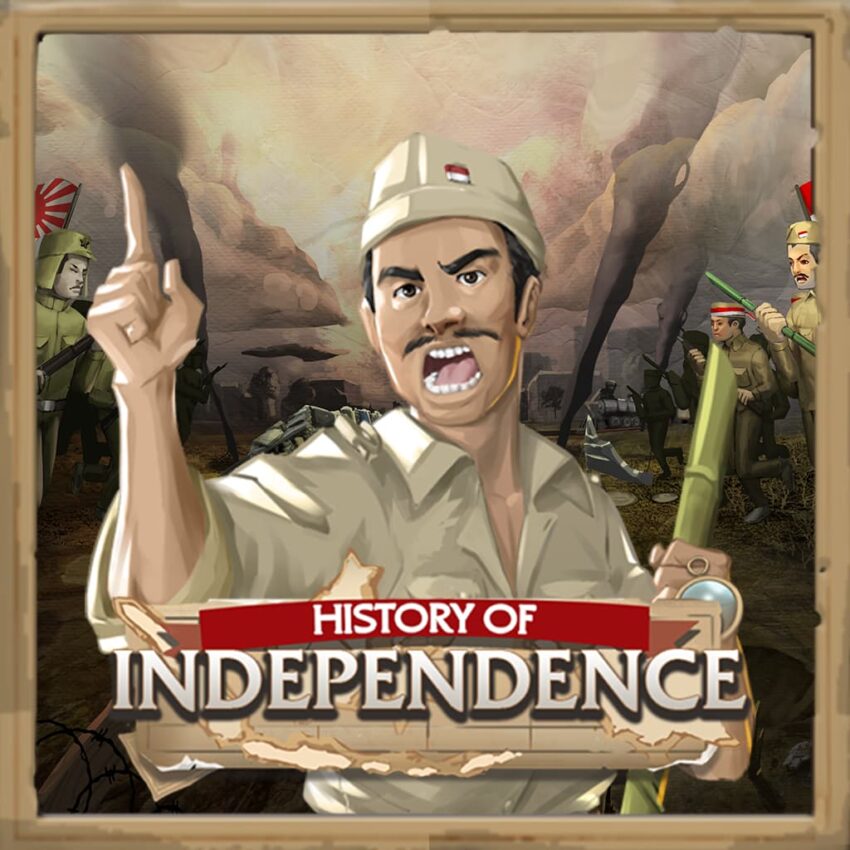The pursuit of independence has been a defining aspect of human history, marked by struggles for freedom, autonomy, and self-determination. Independence, in the political sense, refers to a nation’s ability to govern itself without external interference. The history of independence is a complex tale of revolution, diplomacy, and conflict. This article will explore the historical development of independence across various regions and examine the impact of these movements on global politics and society.
The Concept of Independence
Independence is the state of being free from control or rule by another entity. For many nations, independence meant the end of colonial rule, the freedom to establish their own systems of government, and the ability to make decisions that affect their own people without external interference. The concept of independence has evolved over time, with early examples of sovereign states dating back to ancient civilizations. However, the modern understanding of independence emerged with the rise of nationalism and the decline of colonial empires in the 18th and 19th centuries.
Colonialism and the Struggle for Independence
Throughout much of world history, large parts of the globe were under the control of colonial powers. European nations, such as Britain, France, Spain, and Portugal, established vast empires by colonizing territories in Africa, Asia, and the Americas. Colonized people were often denied basic political rights and subjected to exploitation for the benefit of the colonial powers.
The desire for independence was sparked by various factors, including economic exploitation, social inequality, and cultural suppression. However, the idea of self-rule and independence began to take root, especially during the Enlightenment period of the 17th and 18th centuries. Thinkers like John Locke and Jean-Jacques Rousseau argued for the natural rights of individuals and the importance of democratic governance. These ideas would later inspire revolutionary movements around the world suzuyatogel.
baca juga : Security Post Security Pillars in Various Environments

The American Revolution and the Birth of a Nation
One of the most significant events in the history of independence was the American Revolution (1775–1783). The Thirteen Colonies, then under British rule, rebelled against the British monarchy over issues such as taxation without representation and the desire for self-governance. The Continental Congress, led by figures such as George Washington, Thomas Jefferson, and Benjamin Franklin, declared independence from Britain on July 4, 1776, with the signing of the Declaration of Independence.
The American Revolution was not just a colonial rebellion; it was a foundational moment for the modern concept of self-determination. The success of the American colonies in securing their independence set a powerful precedent for other colonies seeking freedom from imperial powers. The United States became the first nation to break free from colonial rule, establishing the ideals of democracy, liberty, and equality that would inspire future independence movements.
The French Revolution and the Rise of Nationalism
In Europe, the French Revolution (1789–1799) was another pivotal moment in the history of independence. While not a colonial revolt, the French Revolution was deeply influenced by ideas of individual rights, equality, and sovereignty. The French people, inspired by Enlightenment ideals, rose up against the absolute monarchy of King Louis XVI and the privileges of the aristocracy. The revolution led to the establishment of the First French Republic and the adoption of the Declaration of the Rights of Man and of the Citizen, which emphasized freedom, equality, and fraternity.
The French Revolution also contributed to the rise of nationalism—the belief that a people who share common language, culture, and history should form their own nation-state. The spread of revolutionary ideas across Europe and beyond inspired other nations and colonies to seek their own independence.
Independence Movements in Latin America
In the early 19th century, the desire for independence spread to Latin America, where many countries were still under Spanish and Portuguese colonial rule. The independence movements in Latin America were largely inspired by the American and French Revolutions, as well as the growing discontent with colonial rule.
Figures such as Simón Bolívar, José de San Martín, and Miguel Hidalgo played crucial roles in leading independence movements throughout the continent. Bolívar, known as “The Liberator,” led the fight for independence in several South American countries, including Venezuela, Colombia, Ecuador, and Peru. San Martín led the struggle for independence in Argentina, Chile, and Peru. Meanwhile, in Mexico, Hidalgo’s call for independence in 1810 sparked a movement that eventually led to the creation of the independent nation of Mexico in 1821.
The independence of Latin American countries was a long and bloody struggle that often involved military conflict, as well as the challenges of forming new nations after years of colonial rule. Despite these obstacles, the independence of Latin America was a major turning point in world history, as it marked the end of Spanish and Portuguese colonial empires in the Americas.
African Independence Movements
The 20th century saw a wave of independence movements across Africa, as colonized nations sought to throw off the shackles of European imperialism. African nations had long been subjected to the brutal exploitation of colonial powers, particularly during the “Scramble for Africa” in the late 19th century, when European nations divided the continent among themselves.
In the post-World War II era, the tide of decolonization began to swell. Many African nations gained independence in the 1950s and 1960s through a combination of political negotiations, peaceful protests, and armed struggle. The independence of India in 1947, led by figures like Mahatma Gandhi, served as an important example for African nations. Gandhi’s philosophy of nonviolent resistance and civil disobedience became a model for African leaders such as Kwame Nkrumah of Ghana and Nelson Mandela of South Africa.
One of the most significant moments in African independence was the granting of self-rule to Ghana in 1957, which became the first sub-Saharan African nation to gain independence from colonial rule. Other African nations followed suit, including Nigeria, Kenya, and Algeria, which fought long and hard for their freedom from British, French, and Belgian rule, respectively.
The Struggle for Independence in Asia
In Asia, the struggle for independence was also a central theme in the 20th century. The most notable example of decolonization in Asia was the independence of India from British colonial rule in 1947. India’s fight for independence was characterized by a combination of mass nonviolent resistance, led by figures like Mahatma Gandhi, and armed struggle by groups such as the Indian National Army.
The post-World War II era also saw the independence of numerous Southeast Asian nations, including Indonesia, Vietnam, and the Philippines. These nations fought against colonial powers such as the Dutch, French, and Americans, and each independence struggle was marked by both political and military resistance.
Post-Independence Challenges
While achieving independence marked a momentous victory for many nations, the process of nation-building was often fraught with challenges. New nations had to deal with issues such as establishing stable governments, managing diverse populations, addressing economic problems, and navigating international relations.
In many cases, former colonial powers continued to exert influence over newly independent nations through economic, military, or political means. The Cold War era further complicated matters, as many nations found themselves caught in the ideological struggle between the United States and the Soviet Union.
Despite these challenges, the pursuit of independence has ultimately led to the establishment of a more diverse and multipolar world order, with nations around the globe asserting their sovereignty and pursuing their own paths toward development and prosperity gedetogel.

